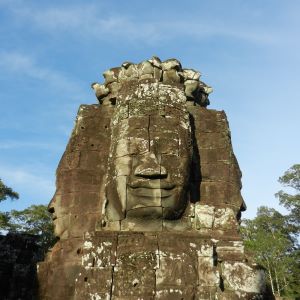Tomi Suzuki
Professor of Japanese Literature, Director of Graduate Studies
Office: 410 Kent Hall
Office Hours: T 4:30-5:30 PM (by appointment) or by appointment
Phone: (212) 854-5034
Email: ts202@columbia.edu
Educational Background
BA: University of Tokyo (’74)
MA: University of Tokyo (’77)
PhD: Yale University (’88)
Classes Taught
AHUM U3830 Colloquium on Modern East Asian Texts
JPNS GU4008 Readings in Classical Japanese
JPNS GR9020 Graduate Seminar in Modern Japanese Literature
Research Interests
Modern Japanese Literature and Criticism in Comparative Context, Literary and Cultural Theory, Narrative, Genre, and Gender Theory, Modernism and Modernity, Intellectual History of Modern Japan, History of Reading
Professor Suzuki joined the department at Columbia University in 1996. She has published extensively in both the English and Japanese languages. Currently, Professor Suzuki is completing a book entitled Gender, Literary Culture, and Nation in Japan: 1880s-1950s, which investigates the formation of the literary field from the late nineteenth century to the postwar period in relationship to gender construction, language reform, and education. It explores the modernist construction and questioning of Japanese linguistic and cultural traditions in a transnational context. Most recently, she co-edited The Cambridge History of Japanese Literature.
Selected Publications
The Cambridge History of Japanese Literature (co-editor, Cambridge, 2016).
“Translations and Modern Japanese Literature: Re-reading Mori Ogai’s Maihime at Columbia University,” Bungaku (2014, in Japanese)
“Transformations and Continuities: Censorship and Occupation-Period Criticism,” in Occupation-period Literary Journals: 1946–1947, vol. 2 (Iwanami Shoten, 2010, in Japanese)
Censorship, Media, and Literary Culture in Japan (author and co-editor, Shin’yōsha, 2012)
Inventing the Classics: Modernity, National Identity, and Japanese Literature (author and co-editor, Stanford University, 2001)
Narrating the Self: Fictions of Japanese Modernity (Stanford, 1996)


 Associate Adjunct Professor
Associate Adjunct Professor
